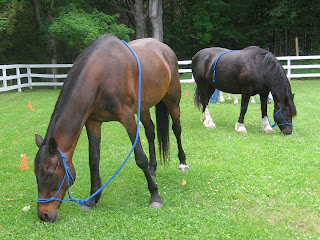 I recently had the opportunity to read A long way gone: Memoirs of a boy soldier by Ishmael Beah. It's an amazing, thought-provoking, tragic, and at times gruesome, story of Beah's time as a child soldier in Sierra Leone.
I recently had the opportunity to read A long way gone: Memoirs of a boy soldier by Ishmael Beah. It's an amazing, thought-provoking, tragic, and at times gruesome, story of Beah's time as a child soldier in Sierra Leone.I won't go into how awesome the book is - you should really check it out for yourself. What I will talk about is the reaction of one of my students to the book.
I tutor a few kids a week in English and one of them is reading a novel about child soldiers in Uganda. I started to tell him about Beah's book and he begged me to read him a description from the book. He wanted me to find the goriest part and read it (I didn't). He thought it was so cool (and so do his friends from class) that kids in other countries actually get to use guns and kill people.
Needless to say, I stopped reading pretty quickly. I'm still not really sure as to how to react. I'm disturbed that he couldn't relate to this being real and not fiction.
I'm contemplating having him read Beah's book once he's finished the novel, to give him some perspective and do a mini research project on the Lord's Resistance Army. Maybe then he won't be so quick to wish we were at war so he could fight.













